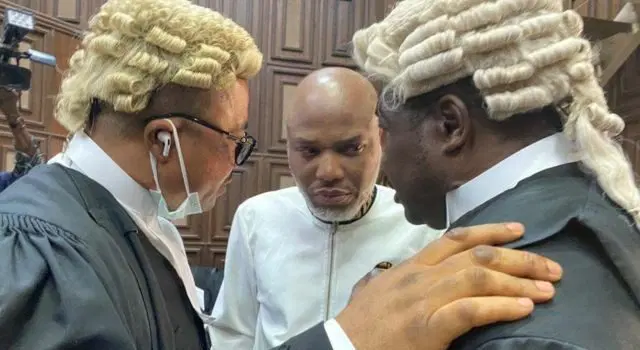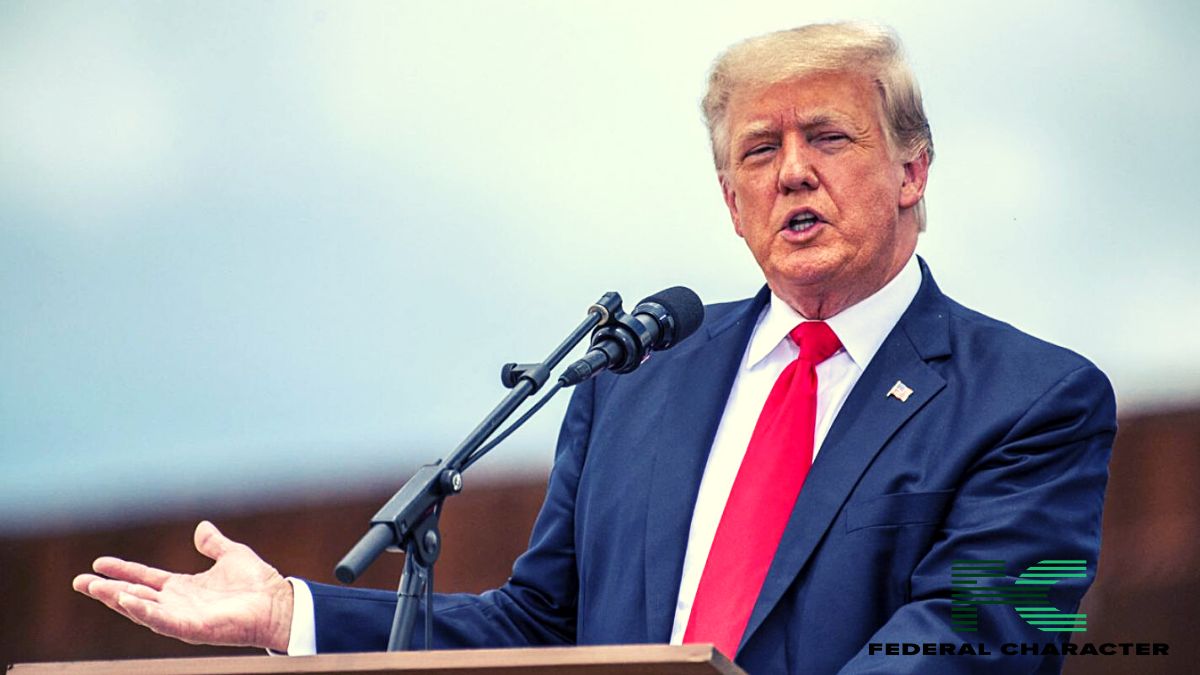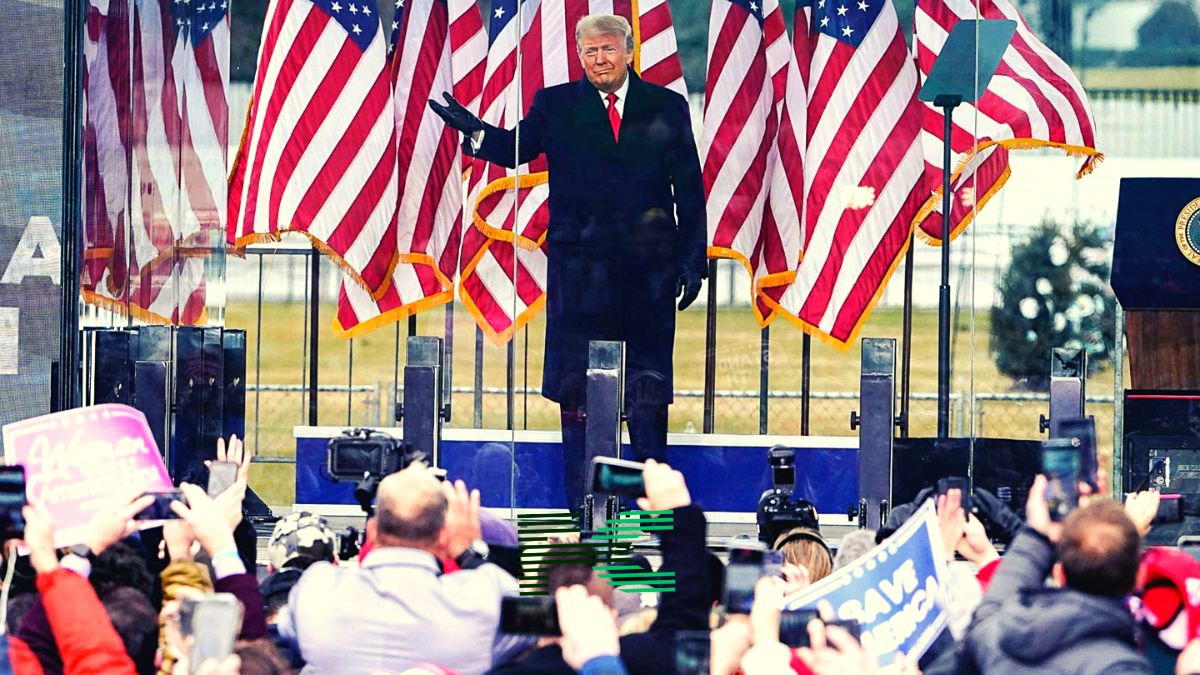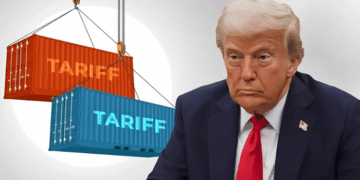In a dramatic escalation that doubles as a direct assault on Nnamdi Kanu’s defense and family, a Nigerian magistrate court has remanded the separatist leader’s brother and his lead counsel to the notorious Kuje prison, a move his supporters are calling a coordinated state conspiracy to sabotage his upcoming trial.
Prince Emmanuel Kanu and lawyer Aloy Ejimakor were sent to prison on Tuesday for their participation in Monday’s #FreeNnamdiKanuNow protest in Abuja. The decision marks a significant hardening of the government’s posture, moving beyond the detained IPOB leader to target his closest allies.
The police arraigned the duo alongside ten other protesters, charging them with “inciting disturbance” and “breach of public peace.” According to court documents, they were accused of chanting “war songs,” disrupting traffic, and denying other citizens freedom of movement during the demonstration.
The swift legal action was telegraphed on Monday by Force Public Relations Officer Benjamin Hundeyin, who stated that those arrested “would be charged on Tuesday.” This rapid timeline from arrest to remand underscores a determined effort to use the judicial system to quell further dissent.
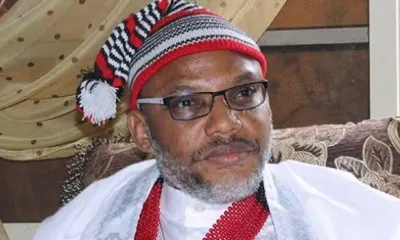
Is This A “Conspiracy” to Frustrate the Defense?
The decision was immediately condemned by Kanu’s family and supporters as a politically motivated maneuver. Kanu’s younger brother, Kanuta Kanu, declared on X that the remand is “a conspiracy from the executive, legislature and judiciary to frustrate Kanu’s trial on Thursday.”
This allegation carries weight given the timing. By jailing Kanu’s lead counsel just two days before a critical court hearing, the state has effectively hobbled the defense team’s ability to conduct final preparations with their client, raising serious questions about the fairness of the judicial process.
Why It Matters
The government’s move is a high-risk gambit. By targeting Kanu’s brother and, most provocatively, his lawyer, authorities are sending an unambiguous message that any association with the IPOB cause will be met with the full force of the state.
However, this strategy is fraught with peril. Jailing a legal counsel for participating in a protest appears as a blatant attempt to intimidate the defense and could be perceived as an obstruction of justice.
Rather than demonstrating strength, this tactic reveals a government increasingly reliant on heavy-handed measures to manage a political crisis, a approach that may only deepen public sympathy for Kanu and harden the resolve of his supporters.

